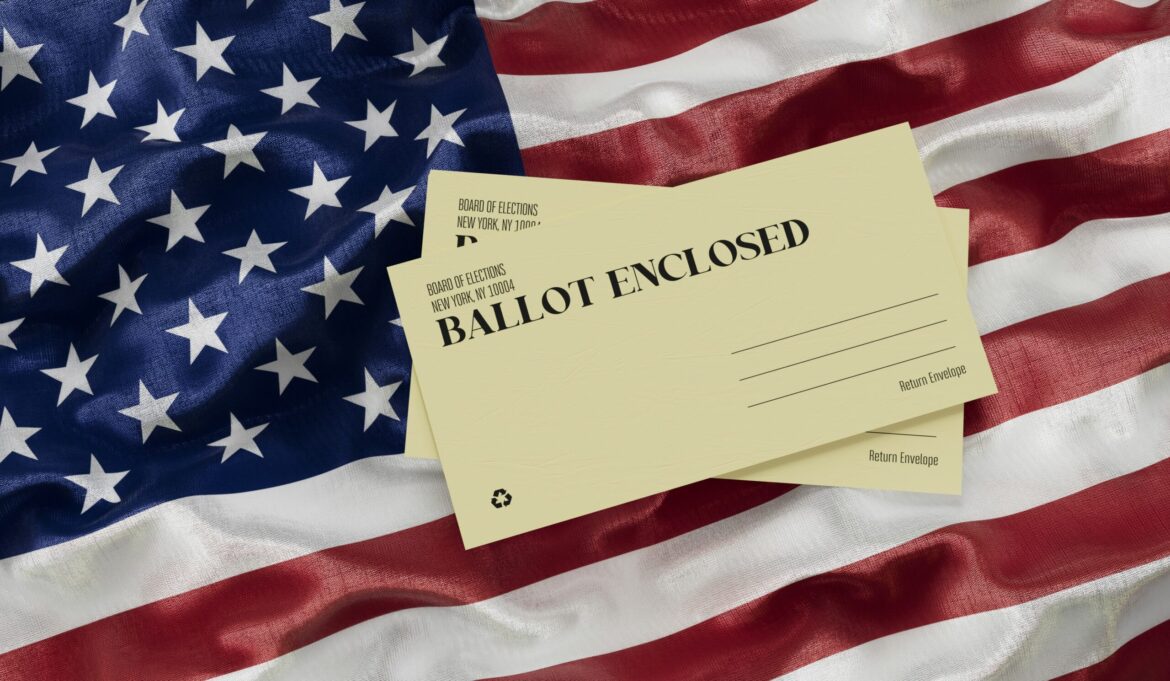In a significant and controversial move, President Donald Trump signed Executive Order 14248 on March 26, 2025, introducing new federal voting regulations that require all individuals to provide proof of U.S. citizenship in order to register to vote in federal elections. This executive action represents a major shift in election policy and has sparked heated debates across the political spectrum.
The executive order outlines three major changes to current voting procedures. First, it mandates that all new voter registrations for federal elections must be accompanied by verified documentation proving U.S. citizenship. Acceptable documents include a U.S. passport, birth certificate, or naturalization papers. Second, the order declares that no mail-in ballots will be accepted or counted if they arrive after Election Day, regardless of postmark dates. Third, it grants federal agencies the authority to coordinate with state governments to audit voter registration databases using immigration records to identify and remove non-citizens from the rolls.
Supporters of the order argue that these measures are essential to protect the integrity of U.S. elections. They claim that requiring proof of citizenship will help prevent illegal voting and bolster public confidence in the electoral process. “This is about making sure every legal vote counts,” said one senior administration official. “Only American citizens should be voting in American elections.”
However, the executive order has faced swift backlash from civil rights organizations, voting rights advocates, and numerous Democratic lawmakers. Critics argue that the order could lead to widespread voter suppression, particularly among minority communities, low-income individuals, and the elderly—groups that may face greater challenges in obtaining the required documentation. The restriction on late-arriving mail-in ballots has also raised concerns, especially given past issues with postal delays.
Legal challenges are expected. Several advocacy groups have already announced plans to sue the federal government, claiming that the order violates constitutional protections and the National Voter Registration Act. State election officials in some regions have expressed concern over the feasibility of implementing these changes before the upcoming election cycle.
This executive order marks one of the most sweeping federal interventions in voter registration in recent history. As the 2026 midterms approach, its impact on voter participation and the broader political landscape will be closely watched and hotly debated.

